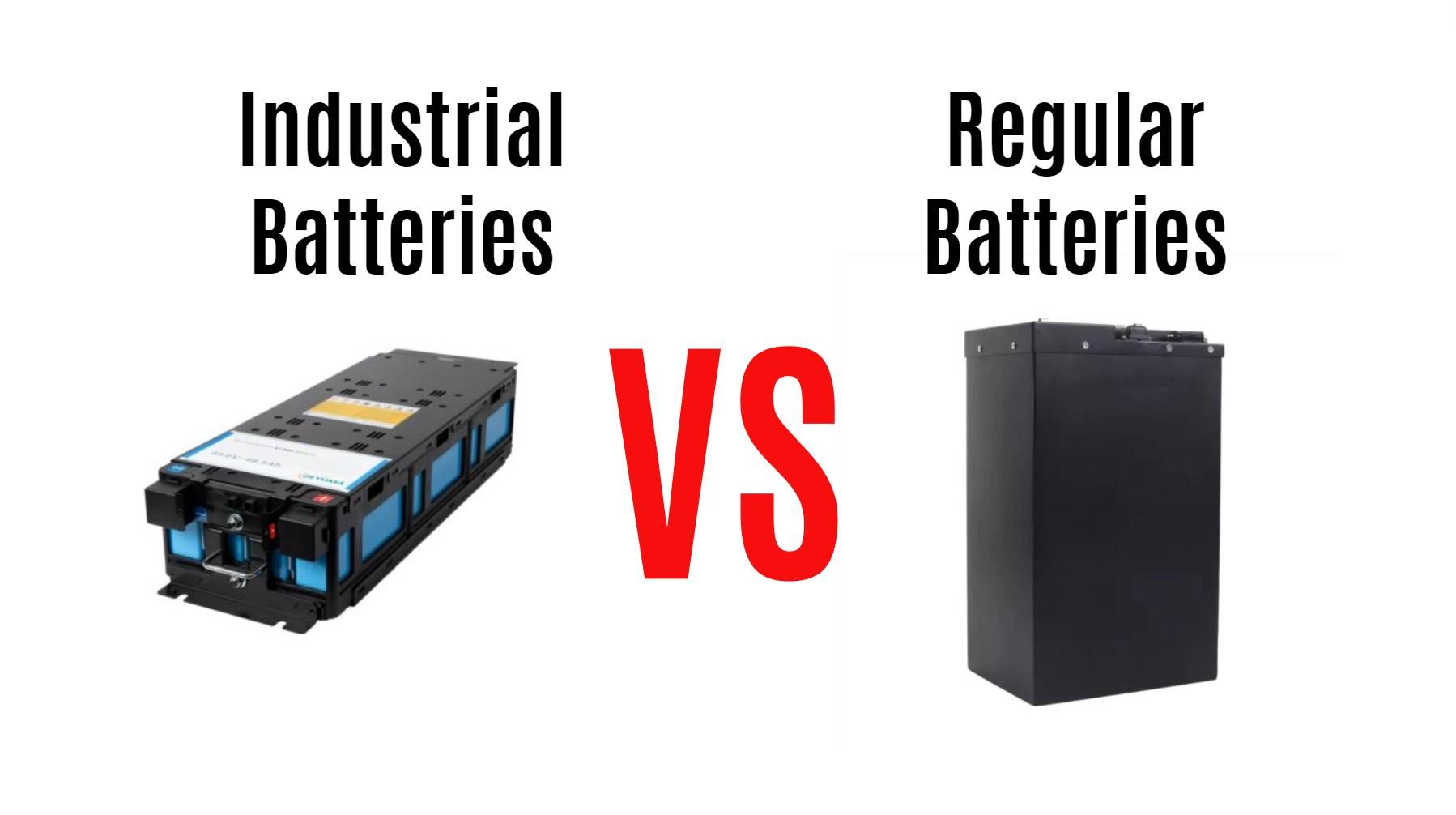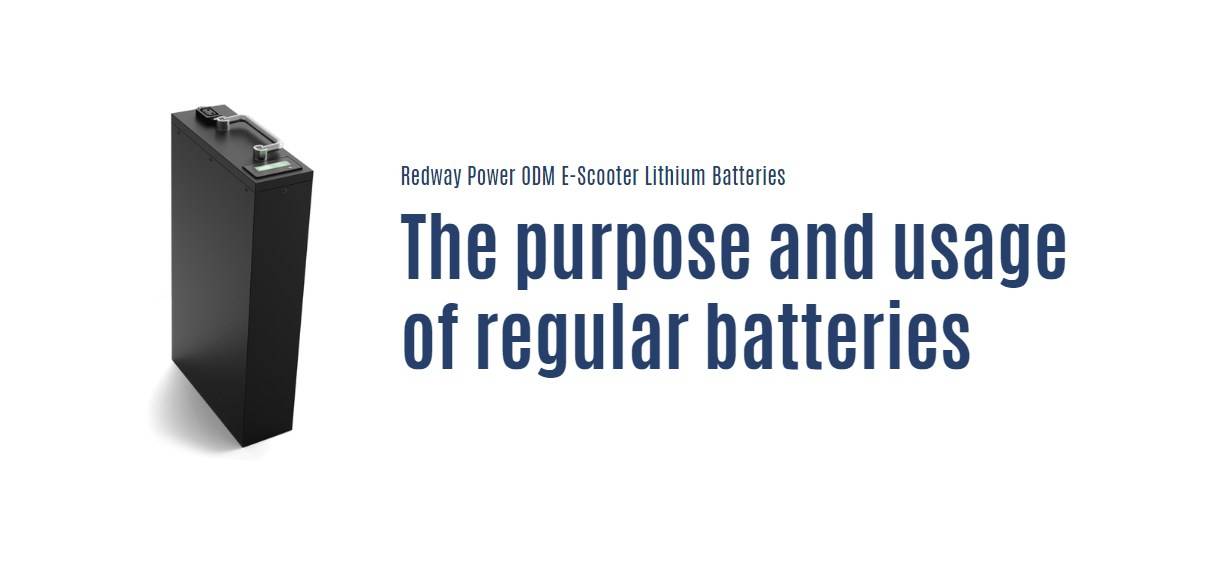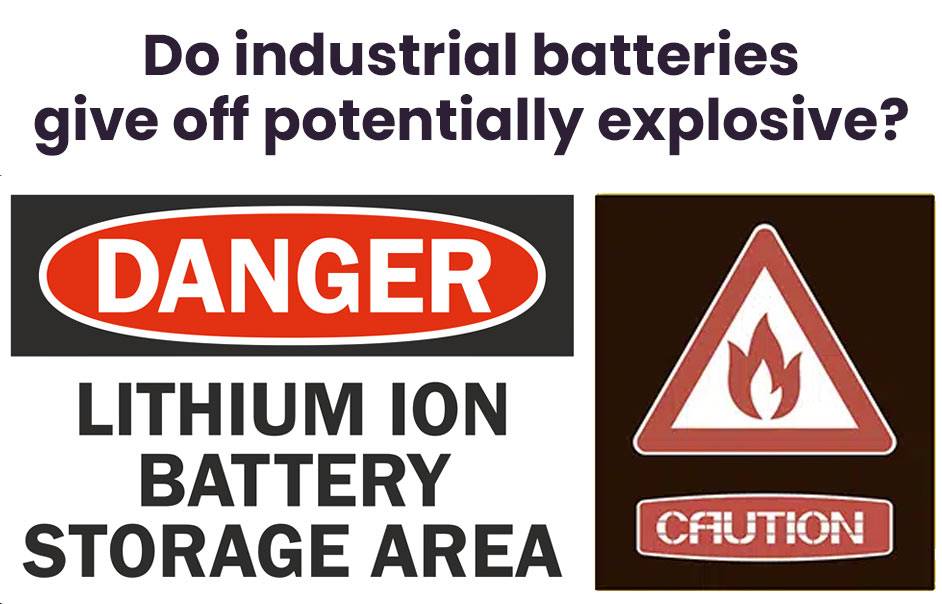- Forklift Lithium Battery
-
48V
- 48V 210Ah
- 48V 300Ah
- 48V 420Ah (949 x 349 x 569 mm)
- 48V 420Ah (950 x 421 x 450 mm)
- 48V 456Ah
- 48V 460Ah (830 x 630 x 590 mm)
- 48V 460Ah (950 x 421 x 450 mm)
- 48V 460Ah (800 x 630 x 600 mm)
- 48V 460Ah (820 x 660 x 470 mm)
- 48V 500Ah
- 48V 560Ah (810 x 630 x 600 mm)
- 48V 560Ah (950 x 592 x 450 mm)
- 48V 600Ah
- 48V 630Ah
-
48V
- Lithium Golf Cart Battery
- 12V Lithium Battery
12V 150Ah Lithium RV Battery
Bluetooth App | BCI Group 31
LiFePO4 Lithium
Discharge Temperature -20°C ~ 65°C
Fast Charger 14.6V 50A
Solar MPPT Charging - 24V Lithium Battery
- 36V Lithium Battery
- 48V Lithium Battery
-
48V LiFePO4 Battery
- 48V 50Ah
- 48V 50Ah (for Golf Carts)
- 48V 60Ah (8D)
- 48V 100Ah (8D)
- 48V 100Ah
- 48V 100Ah (Discharge 100A for Golf Carts)
- 48V 100Ah (Discharge 150A for Golf Carts)
- 48V 100Ah (Discharge 200A for Golf Carts)
- 48V 150Ah (for Golf Carts)
- 48V 160Ah (Discharge 100A for Golf Carts)
- 48V 160Ah (Discharge 160A for Golf Carts)
-
48V LiFePO4 Battery
- 60V Lithium Battery
-
60V LiFePO4 Battery
- 60V 20Ah
- 60V 30Ah
- 60V 50Ah
- 60V 50Ah (Small Size / Side Terminal)
- 60V 100Ah (for Electric Motocycle, Electric Scooter, LSV, AGV)
- 60V 100Ah (for Forklift, AGV, Electric Scooter, Sweeper)
- 60V 150Ah (E-Motocycle / E-Scooter / E-Tricycle / Tour LSV)
- 60V 200Ah (for Forklift, AGV, Electric Scooter, Sweeper)
-
60V LiFePO4 Battery
- 72V~96V Lithium Battery
- Rack-mounted Lithium Battery
- E-Bike Battery
- All-in-One Home-ESS
- Wall-mount Battery ESS
-
Home-ESS Lithium Battery PowerWall
- 24V 100Ah 2.4kWh PW24100-S PowerWall
- 48V 50Ah 2.4kWh PW4850-S PowerWall
- 48V 50Ah 2.56kWh PW5150-S PowerWall
- 48V 100Ah 5.12kWh PW51100-F PowerWall (IP65)
- 48V 100Ah 5.12kWh PW51100-S PowerWall
- 48V 100Ah 5.12kWh PW51100-H PowerWall
- 48V 200Ah 10kWh PW51200-H PowerWall
- 48V 300Ah 15kWh PW51300-H PowerWall
PowerWall 51.2V 100Ah LiFePO4 Lithium Battery
Highly popular in Asia and Eastern Europe.
CE Certification | Home-ESS -
Home-ESS Lithium Battery PowerWall
- Portable Power Stations
How Do Industrial Batteries Differ from Regular Batteries?

Industrial batteries differ significantly from regular batteries in terms of design, application, and performance characteristics. While regular batteries are typically used for consumer electronics, industrial batteries are engineered for heavy-duty applications, offering greater durability, longer lifespan, and higher capacity.
What defines industrial batteries compared to regular batteries?
Industrial batteries are specifically designed for demanding applications in sectors such as manufacturing, logistics, and renewable energy. They are built to withstand harsh conditions, provide reliable power over extended periods, and support heavy-duty machinery. In contrast, regular batteries are intended for everyday consumer use in devices like remote controls, toys, and portable electronics.
| Feature | Industrial Batteries | Regular Batteries |
|---|---|---|
| Design | Heavy-duty, rugged construction | Lightweight, consumer-friendly |
| Application | Manufacturing, backup power systems | Household gadgets, portable devices |
How do the sizes and capacities of industrial and regular batteries differ?
Industrial batteries are generally larger and have much higher capacities compared to regular batteries. They can store more energy to power heavy machinery or provide backup power for extended periods. Regular batteries are smaller with lower capacities suitable for short-term use in low-drain devices.
| Type | Size | Capacity |
|---|---|---|
| Industrial Batteries | Large | High (up to thousands of amp-hours) |
| Regular Batteries | Small | Low (typically under 10 amp-hours) |
What are the intended uses for industrial batteries versus regular batteries?
Industrial batteries are designed for use in environments that require consistent power under challenging conditions. They find applications in:
- Forklifts
- Backup power systems
- Renewable energy storage (solar/wind)
Regular batteries are used in everyday consumer products such as:
- Remote controls
- Flashlights
- Cameras
How does the lifespan of industrial batteries compare to that of regular batteries?
The lifespan of industrial batteries is significantly longer than that of regular batteries due to their robust construction and ability to withstand frequent charge/discharge cycles. Industrial batteries can last several years or even decades with proper maintenance, while regular disposable or rechargeable batteries typically last from a few months to a few years.
| Battery Type | Lifespan |
|---|---|
| Industrial Batteries | 5 – 20 years |
| Regular Batteries | 1 – 3 years |
What are the durability differences between industrial and regular batteries?
Industrial batteries are built to endure extreme temperatures, vibrations, and other harsh conditions often found in industrial environments. They are designed to be reliable over long periods without frequent replacements. Regular batteries lack this durability; they may fail or degrade quickly when exposed to similar conditions.
| Durability Factor | Industrial Batteries | Regular Batteries |
|---|---|---|
| Temperature Resistance | High (operates in extreme conditions) | Limited (sensitive to temperature extremes) |
| Vibration Resistance | High (designed for heavy machinery) | Low (not suitable for rough handling) |
How do costs compare between industrial batteries and regular batteries?
Industrial batteries typically have a higher upfront cost due to their larger size, advanced technology, and robust construction. However, their longevity often makes them more cost-effective over time compared to regular batteries, which may be cheaper initially but require frequent replacements.
| Cost Comparison | Industrial Batteries | Regular Batteries |
|---|---|---|
| Initial Cost | Higher | Lower |
| Long-term Cost | More economical due to longevity | Higher due to frequent replacements |
What environmental impacts are associated with industrial versus regular batteries?
Both types of batteries have environmental considerations:
- Industrial Batteries: Larger size means more materials; improper disposal can lead to significant environmental hazards.
- Regular Batteries: Disposable types contribute to waste; however, rechargeable options reduce overall waste.
Both types require proper recycling methods to minimize environmental impact.
Industrial News
Recent advancements in battery technology have led to the development of more efficient industrial battery solutions that offer longer lifespans and improved performance under extreme conditions. The shift towards renewable energy sources has also increased demand for robust battery systems capable of supporting solar and wind energy storage applications. Companies are innovating ways to enhance recycling processes for both industrial and consumer-grade batteries.
Redway Power Expert Views
“Understanding the differences between industrial and regular batteries is crucial for selecting the right power solution,” says a Redway Power expert. “While industrial batteries may have a higher initial cost, their durability and longevity often justify the investment in demanding applications.”
FAQ Section
- Can I use an industrial battery in a consumer device?
Generally not; industrial batteries are designed for specific applications that exceed typical consumer needs. - What types of environments can industrial batteries operate in?
Industrial batteries can function effectively in extreme temperatures, high vibrations, and other harsh conditions. - Are there rechargeable options available for both battery types?
Yes, both types have rechargeable options; however, their designs cater to different usage patterns. - How should I dispose of old industrial or regular batteries?
Always follow local regulations regarding battery disposal or recycling programs to minimize environmental impact.
















